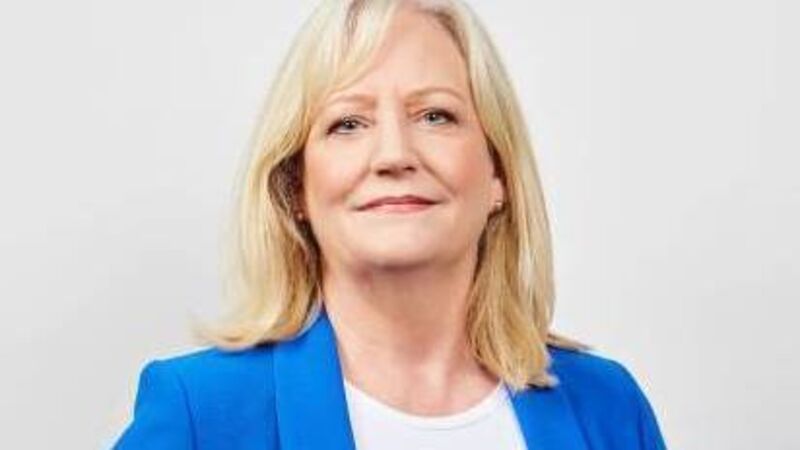Seanad candidate expected full recount after she lost by one ninth of a vote, High Court hears

Angela Feeney, county councillor and member of the Labour Party’s central council told the High Court she wants a full recount of the recent Seanad agricultural panel election.
A former Seanad election candidate wants a full recount of the recent agricultural panel vote in the interest of fairness and transparency, the High Court has heard.
Angela Feeney, a member of the Labour Party’s central council and former head of Technological University Dublin’s school of languages, law and social sciences, has brought a High Court petition challenging the conduct of vote counting for the agricultural panel.











